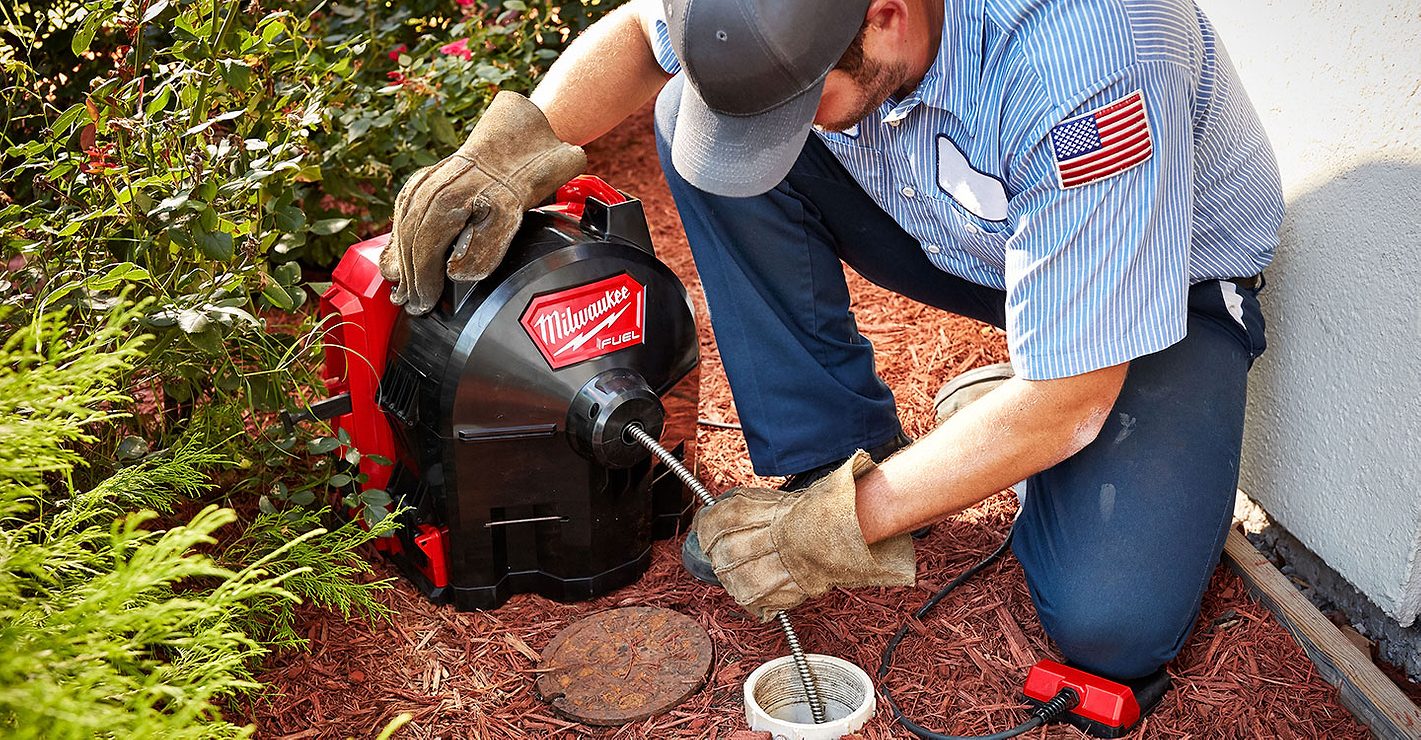I hope the July article regarding keeping score on "that's-not-my-job" attitudes and performance by your own employees helped you appreciate and acknowledge their efforts. Naturally, that appreciation is critical to those deserving employees. Why would anyone continue to give that extra inch if it were not even appreciated?
You should not overlook all of the extra effort exerted by your other business acquaintances. Our construction world is filled with "givers" and "takers." In our family business we called it "horse trading." We always had a very clear established line defining what was owed for what was being paid. This line could be a contract (verbal or written), a subcontract, a purchase order, a set of plans and specs, a written building code or local ordinance, etc.
Whenever you "toed the line" and did what was agreed upon, the other party also "toed the line" and paid you what they agreed to pay. That is simply a good business practice.
With Other Trades
When horse trading, which I highly recommend, both parties are willing to give something extra and cross over that line. Probably the most common jobsite examples involve subcontractors lending tools and equipment or performing tasks for the general contractor, owner, architect or other trades:
All of this give-and-take jobsite horse trading creates a cooperative spirit, as well as saving valuable hours of your entire management team from documenting, processing and collecting change orders. Also, do not overlook the fact that we have takers who are not givers. These takers have what we call convenient memories. They seem to forget what you did for them and refuse to return the favor or will back-charge for whatever services or materials they furnished.
As most of you givers have already experienced, these surprise back-charges will usually come from someone else on that company's management team. The individual who horse traded with you was sincere and had good intentions, but could not back up his or her actions with his or her superiors.
Unfortunately, that was the end of horse trading for far too many good contractors who had so much to gain. You must simply keep two basic principles in mind:
1. Keep score. There is absolutely no place for memory in this competitive construction business. What they remember and what you remember usually is a mile apart and they always win.
When someone does something extra for you, always document and date it. You can add this to your log and maybe never need it. Of course, you also should document whatever you do for anyone above and beyond that due line.
If the giving or taking becomes top heavy on your scorecard, you will have ample documentation and dates to negotiate a cooperative solution. In most cases you can even-up the score on the next project.
2. Keep in mind that old adage, "First time, shame on him. Second time, shame on me." You can easily understand how your scorecard will identify any of those takers who are not willing to give. You do not want to continue horse trading with that company, but you should definitely continue to cooperate with everyone else.
As you will readily agree, our industry is filled with a large majority of fair and honest competitive people. Without a scorecard and documentation, the small percentage of unscrupulous takers could easily discourage or ruin any future profitable and enjoyable exchanging of favors. Do not let one rotten apple spoil the whole barrel!
With Your Wholesaler
By far, the most profitable horse trading for a mechanical contractor is with its supply house. However, it is often the least used, simply due to bottom-dollar shopping. This would not even be an issue if both parties would keep score. Documented records of give-and-take favors would also include an actual dollars-saved estimate of every transaction.You can value-engineer for equal or better substitutions. Your supply house has a much closer access to competitive manufacturers than the design engineers. In many instances, you will save valuable dollars on delivery time in addition to the cost of the product. You may also benefit from dead stock at the supply house, which helps your supplier move its inventory.
Try to coordinate and share cost-saving cash-flow advantages when the customer will pay for stored materials. This is extremely important on critical-path project schedules.
Utilize one-week look-ahead job schedules to minimize emergency rush deliveries. Your foreman should have checked his needs with his jobsite inventory to save wasted time on your payroll, as well as unnecessary delivery expense for your supplier.
Coordinate all returns immediately. Notify your supply house to pick up your extra material on its next delivery. In addition to saving trip costs, you want to return items in clean, restockable and saleable condition.
Request training VCRs and on-site certification for your installers. In addition to your increased quality and efficiency, the manufacturers are assured of a proud and proper installation of their products.
If you have enjoyed the benefits of give and take with your suppliers, it is easy to understand why keeping score and putting actual dollars on your scorecard for each transaction would encourage and justify this extremely profitable practice of horse trading.




